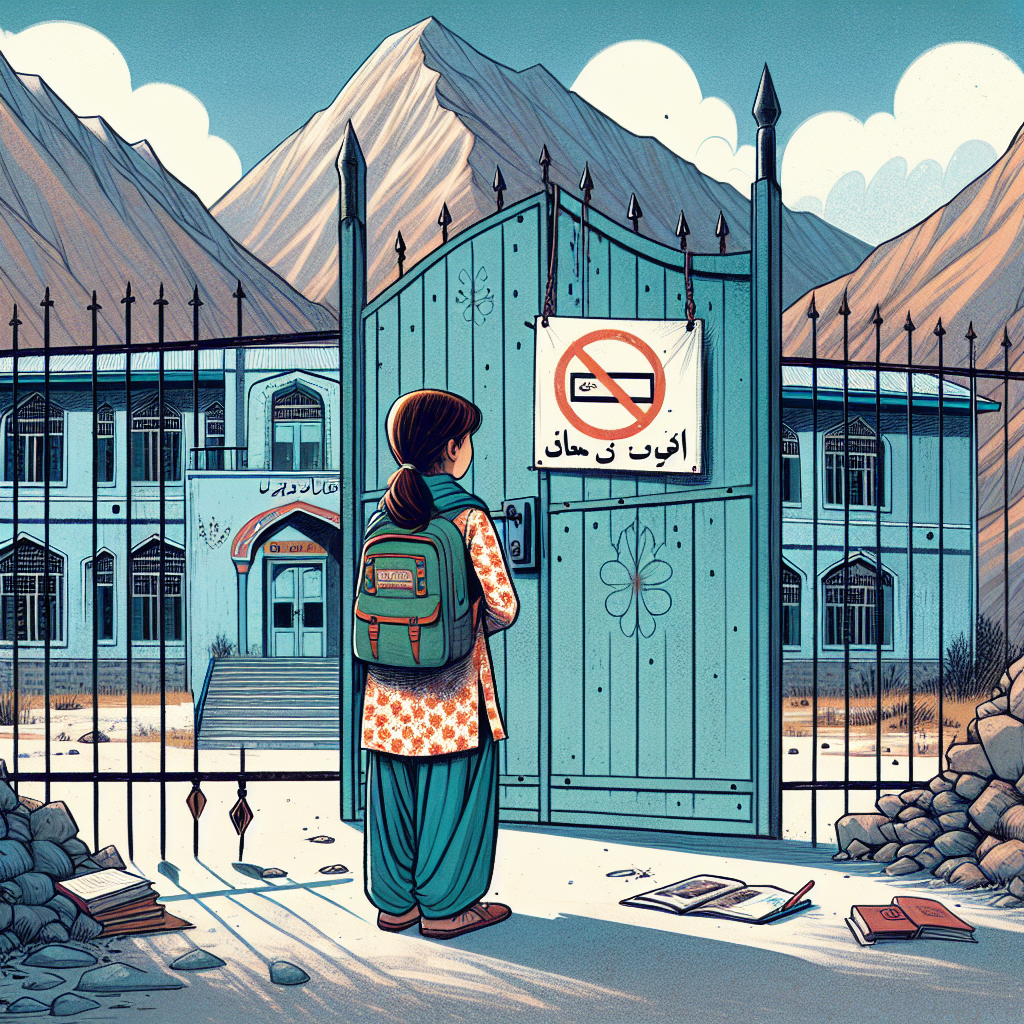Taliban's Morality Ministry Enforces Strict Rules
The Taliban's morality ministry dismissed over 280 security force members for not growing beards and detained over 13,000 people for 'immoral acts' in the past year. It also destroyed musical instruments and restricted women's attire and travel, earning criticism from human rights groups and the UN.

The Taliban's morality ministry has dismissed more than 280 security force members for failing to grow beards and detained over 13,000 individuals for 'immoral acts' within the past year, officials announced Tuesday.
The Ministry for the Prevention of Vice and Propagation of Virtue revealed in its annual update that around half of those detained were released within 24 hours. However, the ministry did not specify the nature of the alleged offences or the gender of the detainees. Mohibullah Mokhlis, Director of Planning and Legislation at the ministry, disclosed that 21,328 musical instruments had been destroyed and thousands of computer operators had been stopped from selling 'immoral and unethical' films in markets over the past year.
Furthermore, 281 security force members were dismissed for not having beards, aligning with the ministry's interpretation of Islamic law. Criticized by human rights organizations and the United Nations for its restrictive policies on women and suppression of freedom of expression, the ministry reported cases of women being detained for not adhering to its dress code. The Taliban refuted detention allegations and emphasized their rules adhere to Islamic law and Afghan customs.
The ministry avoided releasing figures on the policing of women's attire or their travel without a male guardian. However, Mokhlis mentioned an approved plan to ensure compliance with Islamic dress guidelines, supervised by the Taliban's supreme spiritual leader. Women are expected to cover their faces or wear burqas, with enforcement focusing on their male family members.
Mokhlis added that there had been over 200 prevented cases of the sale of women and more than 2,600 cases of violence against women.
(With inputs from agencies.)
ALSO READ
Pakistani Security Forces Conduct Controversial Raid at Turbat University Hostel
Tense Standoff: Security Forces Engage with Terrorists in Tangdhar
Israeli Security Forces Neutralize Threats in Judea and Samaria
Nepal Certifies Transitional Justice Bill to Address Civil War Human Rights Violations
Intense Skirmish in Jammu & Kashmir: Security Forces Clash with Militants










